Did you know that you can use your used coffee grounds to improve your garden soil?
Coffee grounds are a popular addition to gardens as they can provide benefits such as improving soil structure, deterring pests, and providing nutrients to plants.
However, using coffee grounds in the garden can also lead to potential risks and mistakes that gardeners should be aware of.
Let's explore the mistakes to avoid when using coffee grounds in the garden, the benefits, and proper application.
3 Potential Risks and Mistakes to Avoid with Coffee Grounds
Coffee grounds are a great source of nitrogen, phosphorus, and potassium, which are essential nutrients for plant growth.
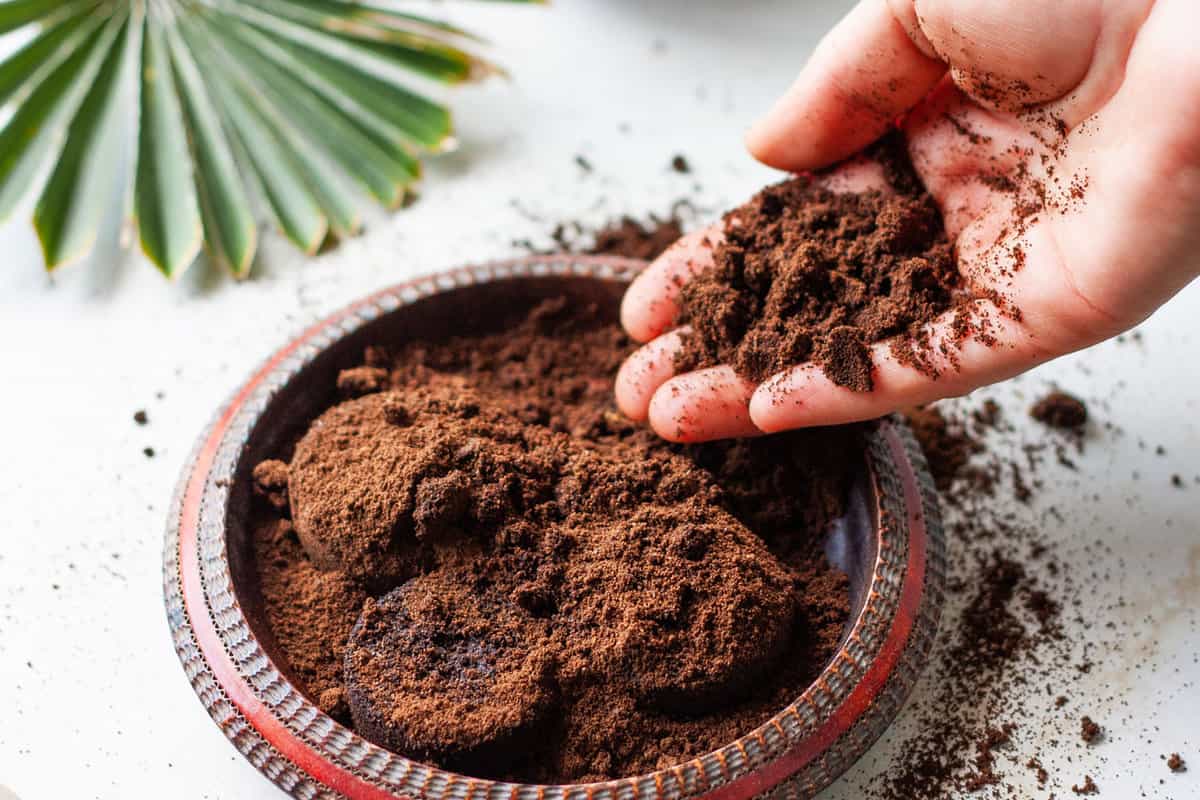
They also contain other micronutrients that are important for healthy plant development.
However, it's important to use coffee grounds in moderation. When using coffee grounds in the garden, there are several potential risks and mistakes to avoid.
1. Overuse of Coffee Grounds
One of the most common mistakes when using coffee grounds in the garden is overuse.
While coffee grounds can be a valuable addition to the soil, too much of a good thing can be harmful.
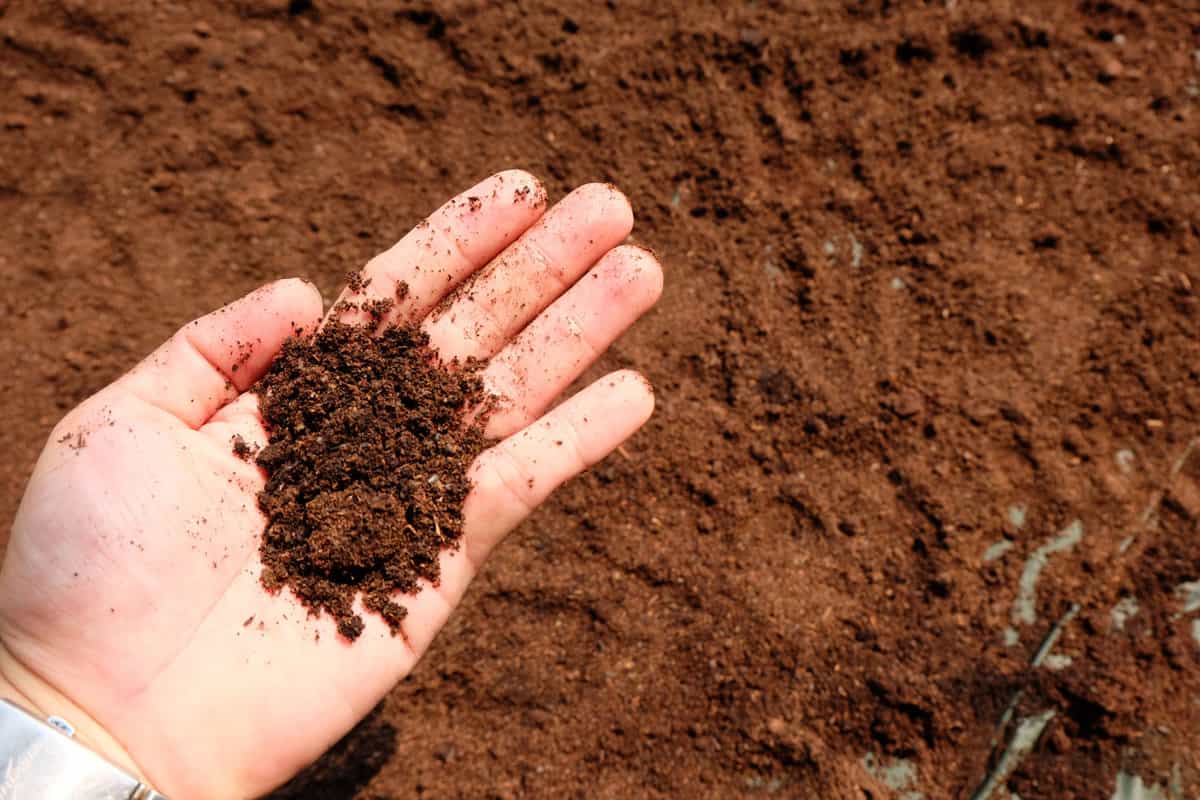
To avoid overuse, it is recommended to limit coffee grounds to no more than 20% of the total volume of the soil.
This will help maintain a balanced pH level and prevent soil from becoming too acidic.
2. Using Fresh Coffee Grounds
Fresh coffee grounds are high in acid and can be harmful to plants.
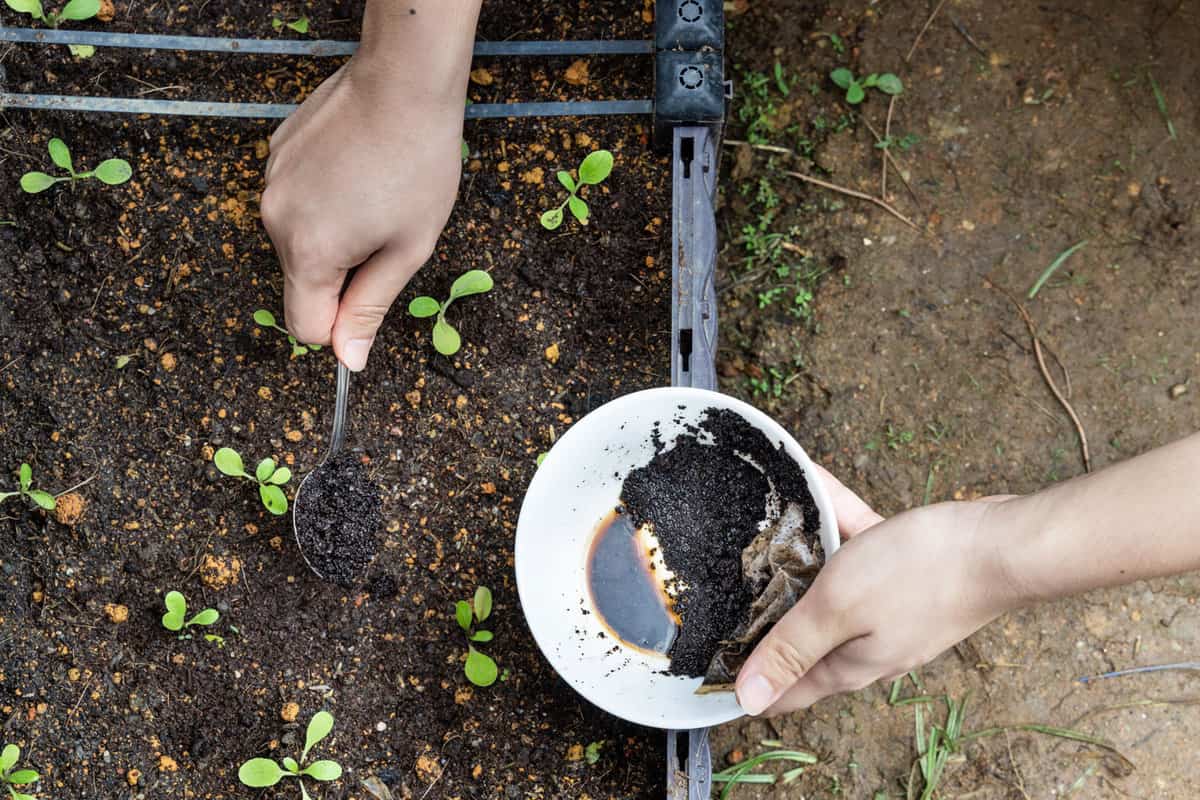
Let coffee grounds age for at least 6 months before using them in the garden. This will allow them to break down and become less acidic.
3. Ignoring Soil Testing
Coffee grounds can affect soil pH and water retention, so it is important to know the current state of the soil before adding coffee grounds.
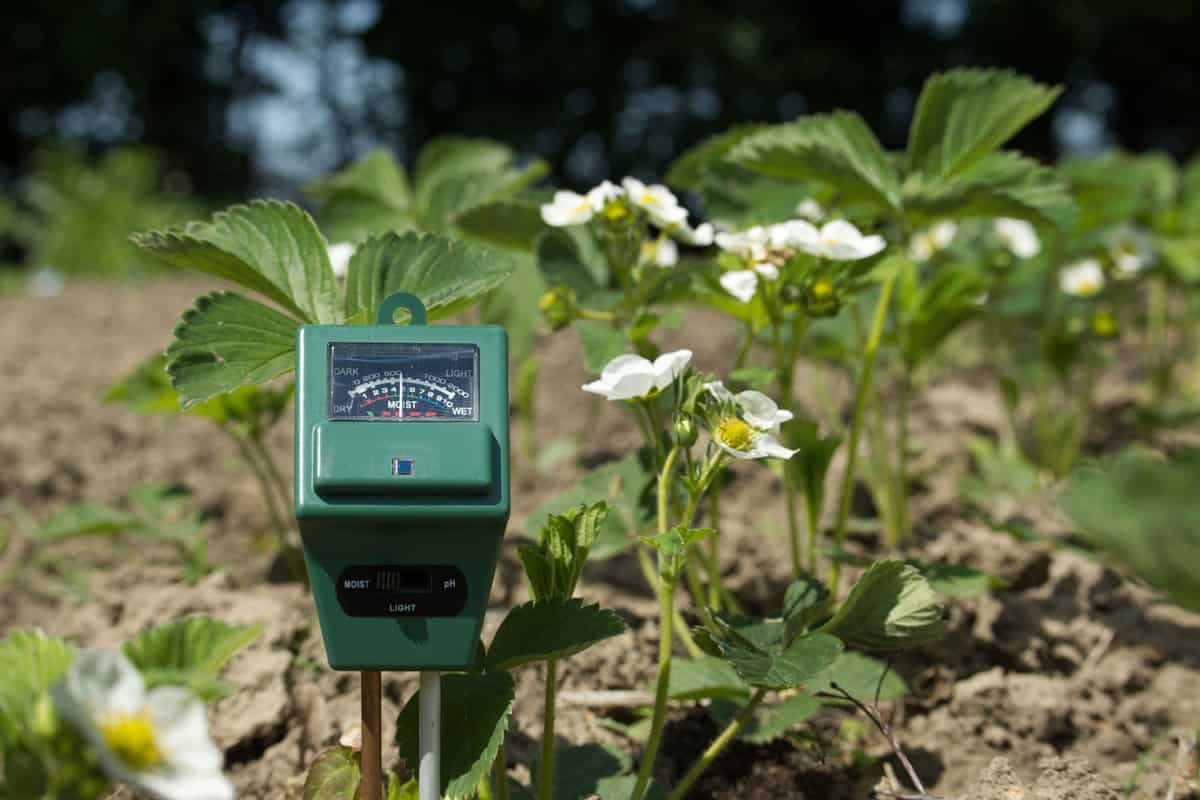
Testing soil pH and nutrient levels can help determine if coffee grounds are needed and in what quantities.
How Coffee Grounds Affect Soil Composition
When it comes to using coffee grounds in the garden, it's important to understand how they affect soil composition.
Here are some key factors to keep in mind:
Acidity and pH Levels
Coffee grounds are acidic, with a pH level of around 5.2 to 6.9, depending on the type of coffee.
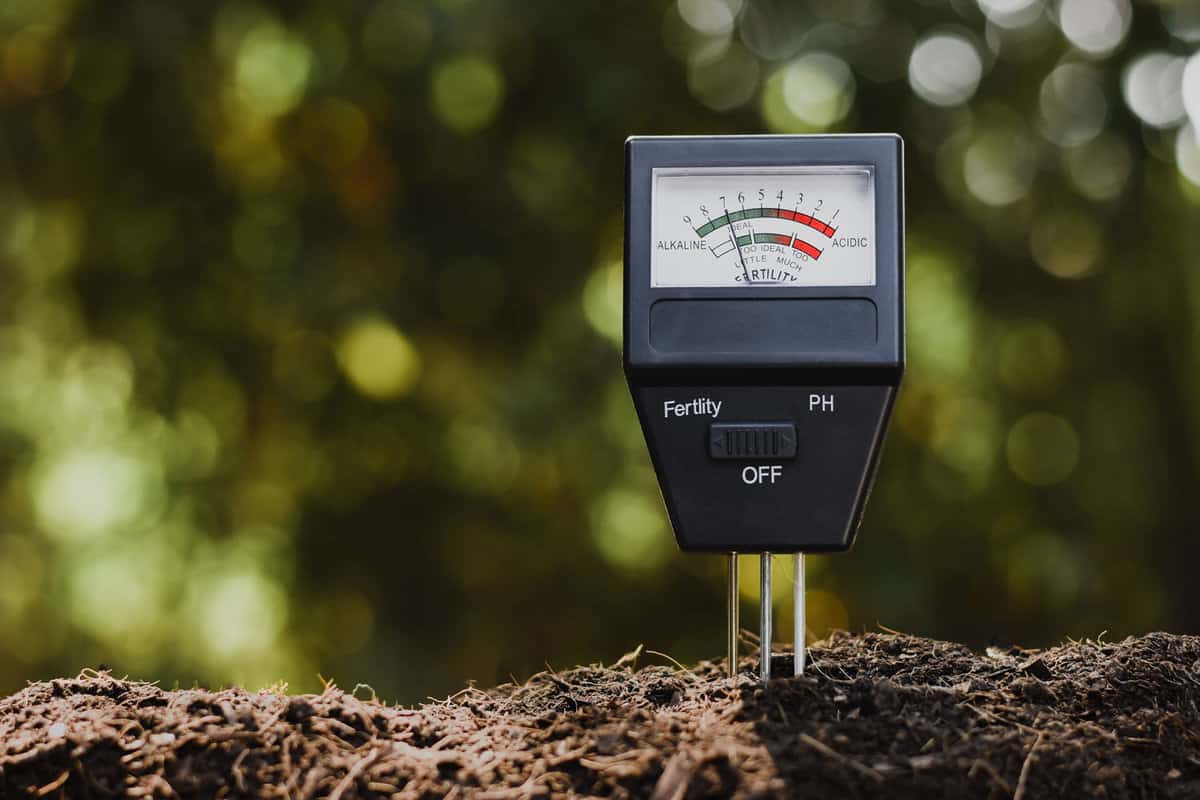
While this can be beneficial for plants that prefer acidic soil, it's important to avoid using too much coffee grounds in alkaline soil.
Excessive use of coffee grounds can make the soil too acidic, which can harm plants that prefer neutral or alkaline soil.
Read more: Why Soil PH Matters: Ensuring Your Garden’s Health And Success
Nutrient Composition
Coffee grounds are a good source of nitrogen, which is an essential nutrient for plant growth.
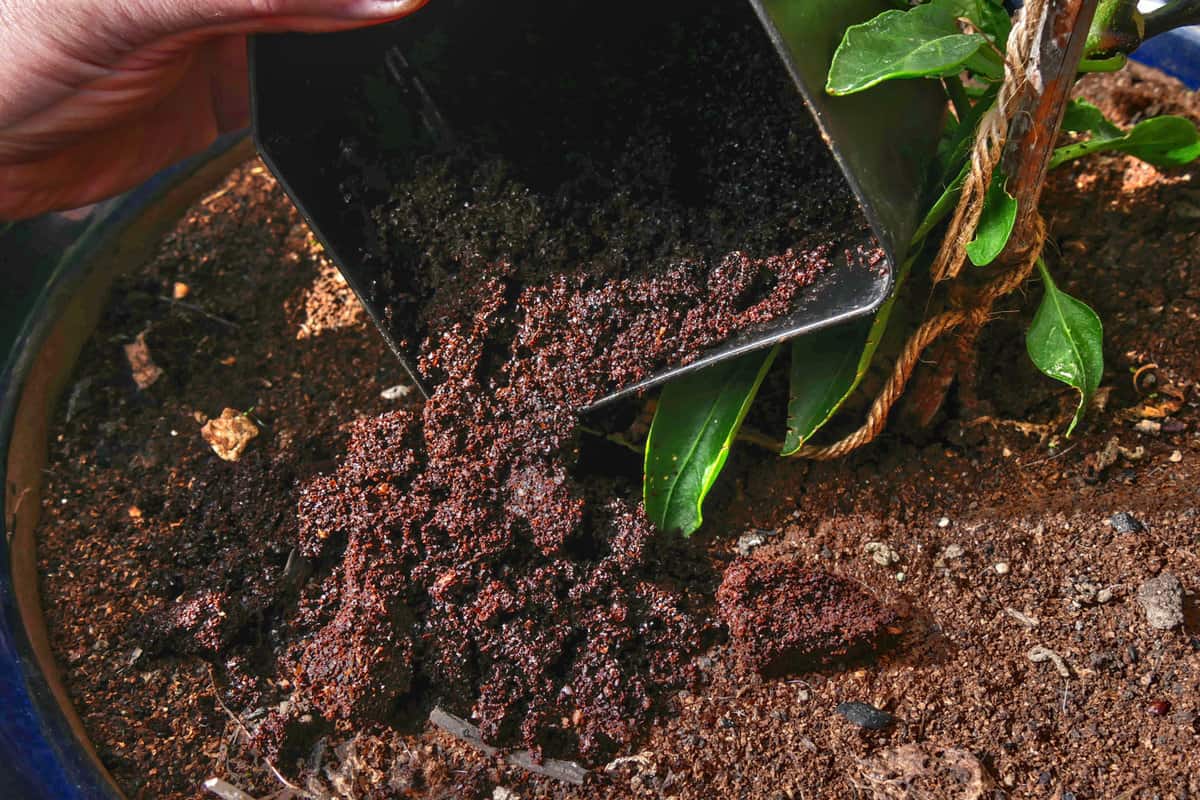
However, they also contain other important nutrients, such as phosphorus, potassium, and magnesium.
These nutrients can help improve soil health and promote plant growth.
Improving Soil Structure
Coffee grounds can also help improve soil structure.
They contain organic matter, which can help loosen compacted soil and improve drainage. This can be particularly beneficial for heavy clay soils, which can become waterlogged and difficult for plant roots to penetrate.
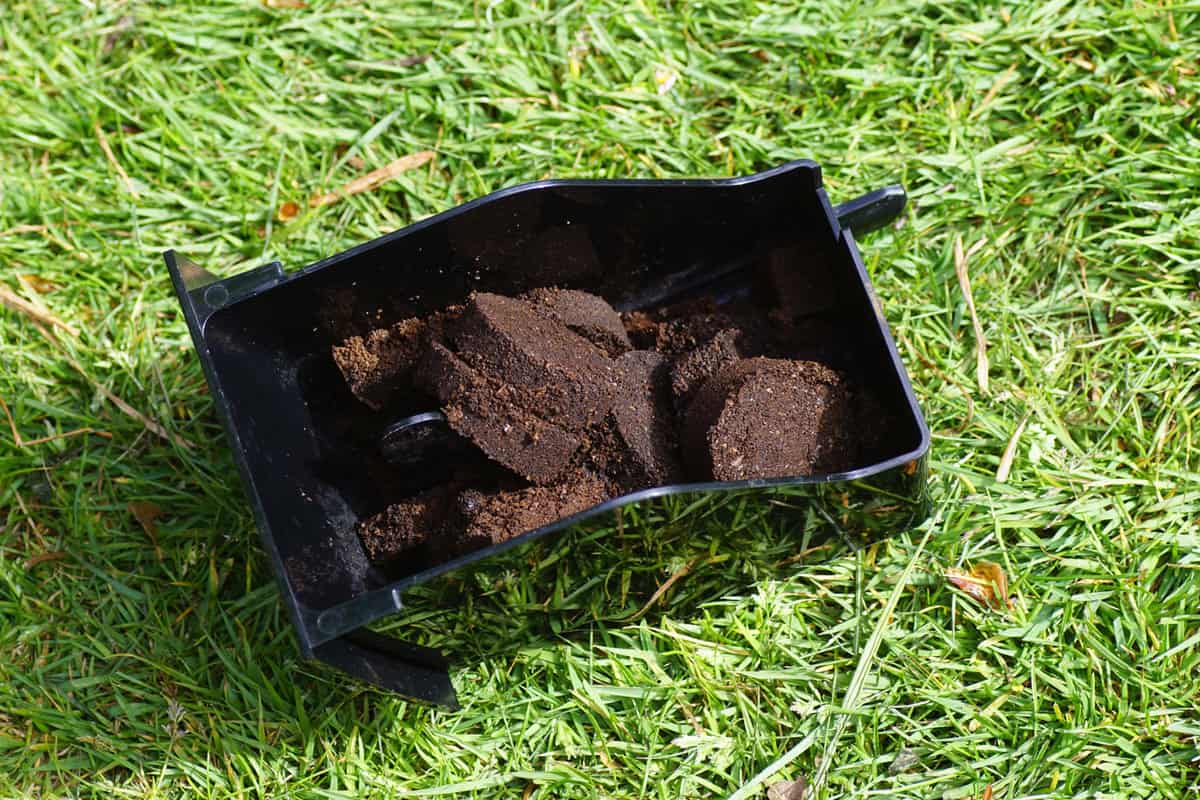
While coffee grounds can be a valuable soil amendment, use them in moderation.
Remember to test the soil pH before adding coffee grounds, to ensure that the soil is not already too acidic.
Coffee Grounds as Compost and Mulch
One of the most popular uses for coffee grounds in the garden is as compost and mulch.
Composting Coffee Grounds
Composting coffee grounds is a great way to add nitrogen to your compost pile.
When added to your compost bin, coffee grounds help to speed up the decomposition process and create a nutrient-rich compost that is great for your plants.
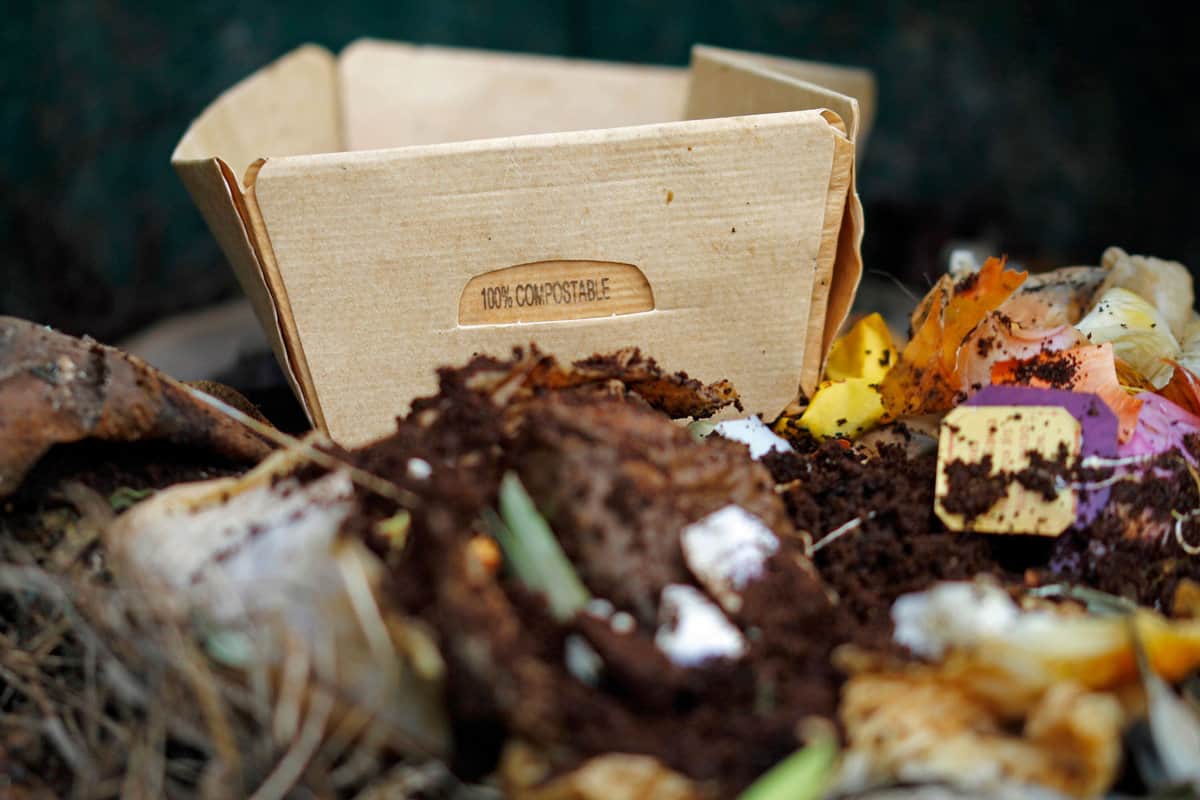
Coffee grounds should not be the only green compost material in your compost pile.
They should be mixed with other green materials, such as grass clippings or vegetable scraps, as well as brown compost materials, such as leaves or shredded paper.
This will create a well-balanced compost that is not too high in nitrogen.
Coffee Grounds as Mulch
Coffee grounds can also be used as a mulch around your plants.
Mulching with coffee grounds helps to retain moisture in the soil, suppress weeds, and provide your plants with a slow-release source of nitrogen.
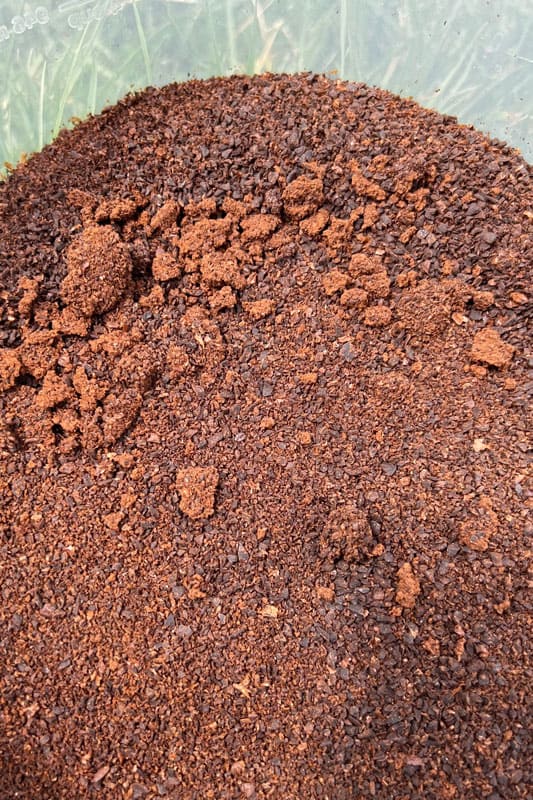
Coffee grounds should be used sparingly due to their acidity.
Coffee filters should be removed from the coffee grounds before using them as mulch. They do not break down easily and can prevent water from reaching your plants' roots.
Finally, it is important to note that coffee grounds should not be used as the only mulch in your garden.
They should be used with other organic matter, such as leaves or straw, for a well-balanced and nutrient-rich mulch.
Read more: The Role Of Fertilizer In Your Garden
Coffee Grounds as a Pest Deterrent
Coffee grounds have long been used in the garden as a natural and effective pest deterrent.
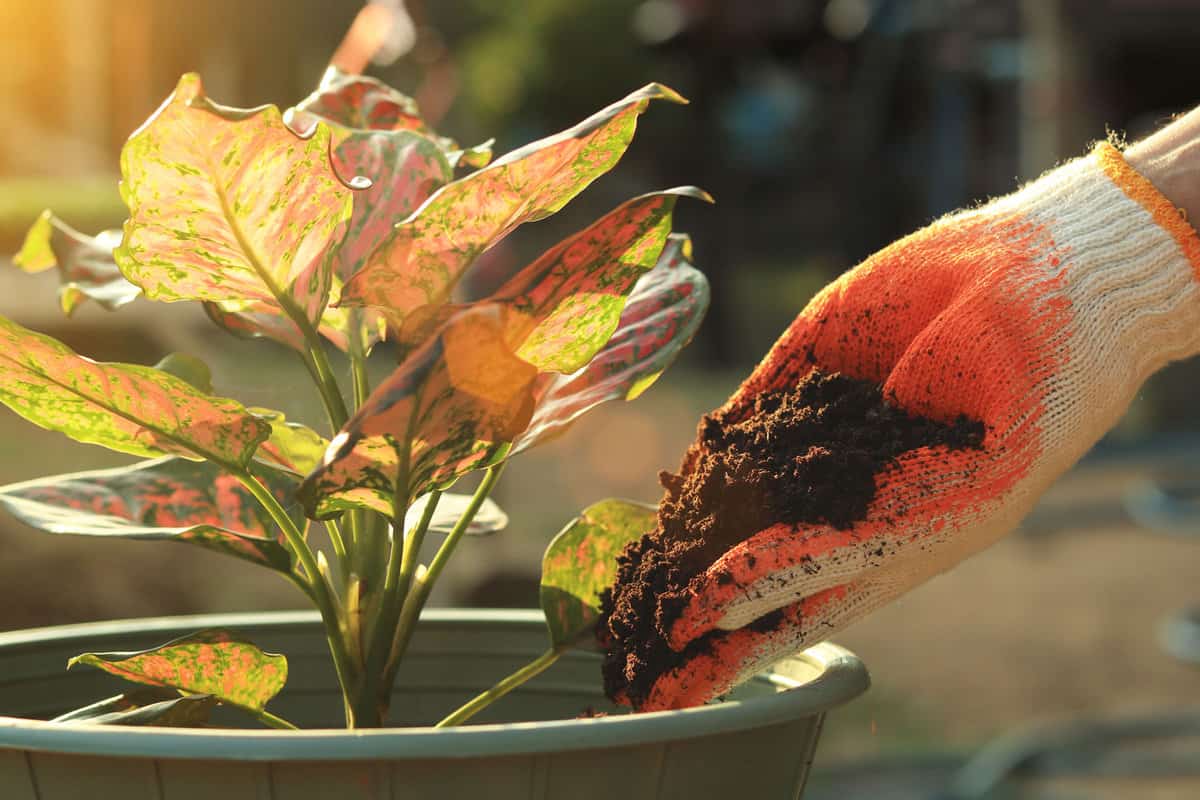
They contain caffeine, which acts as a natural pesticide to deter pests.
Deterring Slugs and Snails
Sprinkle coffee grounds around the base of plants or on the soil surface.
The rough texture of the grounds will irritate the soft bodies of slugs and snails, causing them to avoid the area.
The caffeine in the coffee grounds will also act as a natural pesticide against these pests.
Deterring Ants and Other Pests
Sprinkle coffee grounds around the perimeter of your garden or around the base of plants to create a barrier that ants and other pests will not cross.
The scent of the coffee grounds will also help to mask the scent of plants, making it harder for pests to locate them.
Coffee grounds are not a pesticide and should not be used as a substitute for proper pest control methods.
Additionally, coffee grounds can be harmful to cats and dogs if ingested in large quantities, so be sure to keep them out of reach of pets.
Eager to learn more? Here are other burning questions on using coffee grounds for your garden.
What plants don't like coffee grounds?
Not all plants thrive with coffee grounds.
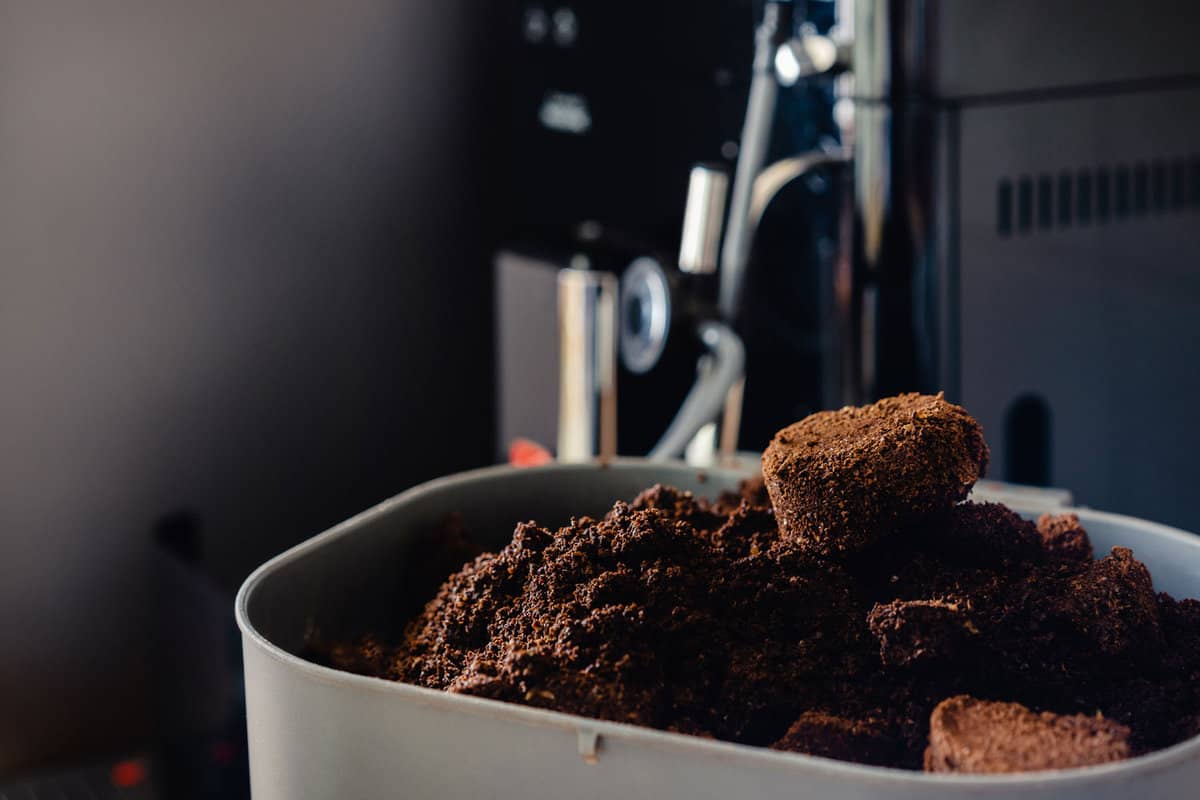
Some plants, such as blueberries, azaleas, and rhododendrons, prefer acidic soil, but coffee grounds are too acidic for them.
Also read: 10 Best Ways To Make Soil Acidic For Rhododendrons: Boost Plant Growth And Vibrancy
Do coffee grounds kill weeds?
Coffee grounds can help to suppress the growth of weeds, but they do not kill weeds.
They can also add nutrients to the soil, which can help plants to grow stronger and healthier.
You're now ready to brew up a better garden with coffee grounds – the secret ingredient for greener and greater plants!
